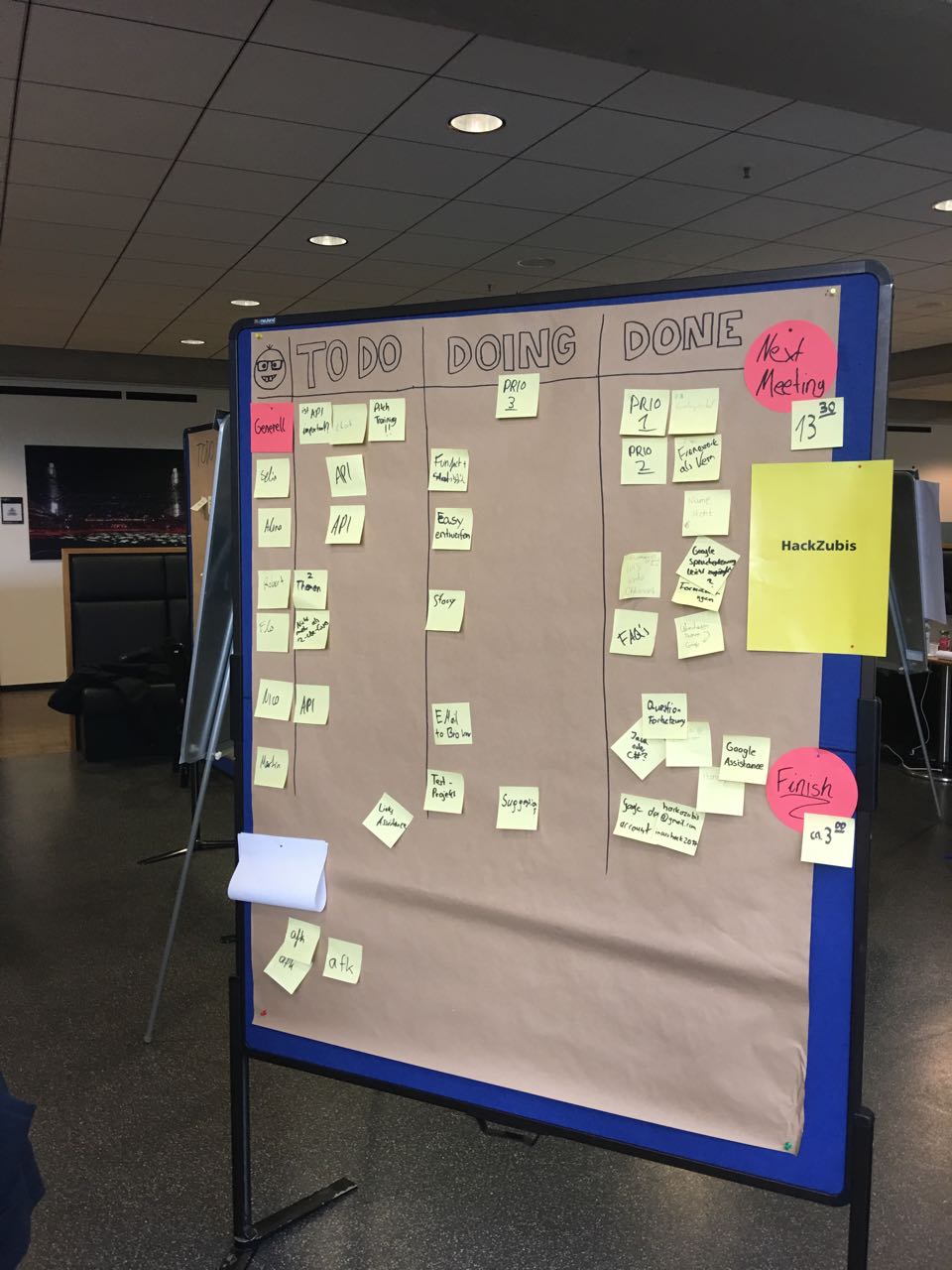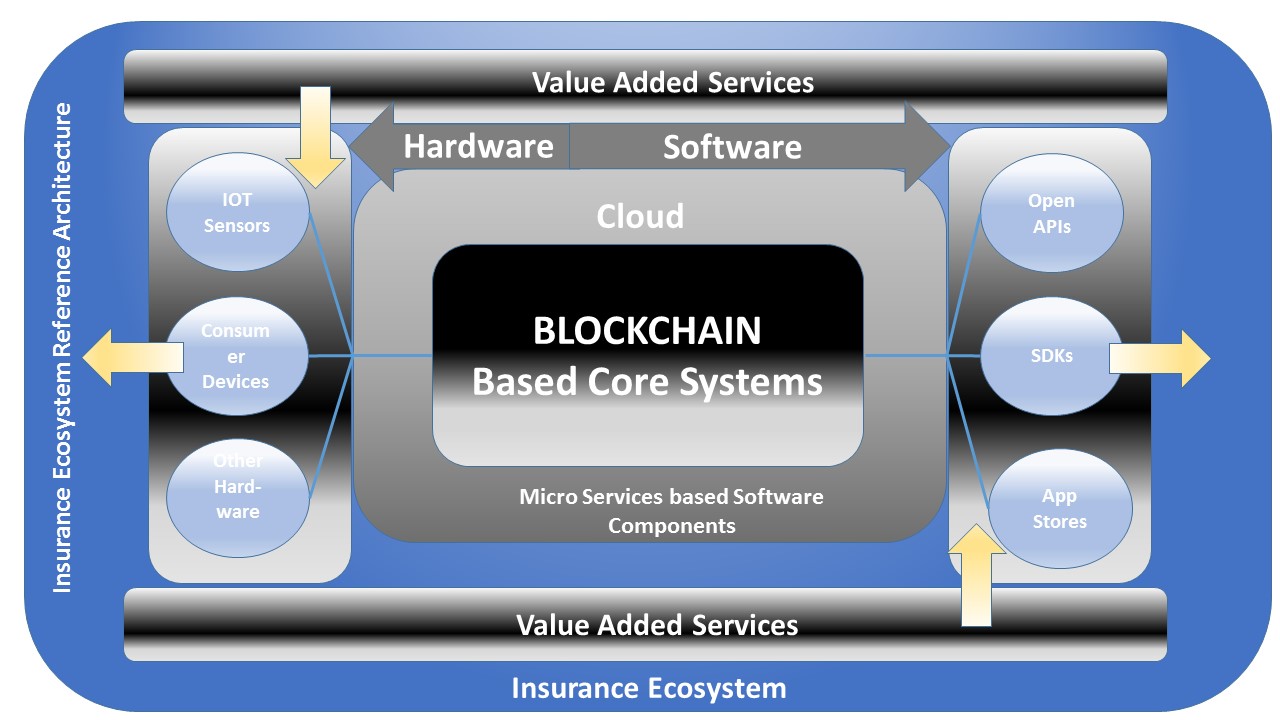Insurtech like Fintech is, in my eyes, an overhyped topic. But don’t ignore the supposed ‘Insurtech threat’ and learn from and handle accordingly.
What indeed is more valid than in all IT decades before is mass technology in general is endangering the classical business models of insurers, especially within the P&C business.
And I don’t mean the companies and startups who are improving or reinventing classical business models and products with faster, better and cheaper new Internet technology.
I’m pointing to the companies who are selling these new mass consumer technologies very successfully.

Companies like Apple, Amazon, Microsoft, but also car manufacturers like Volkswagen or Daimler and all the others will enter the insurance market by selling consumer electronics and then bundling insurance products with electronic goods – the self driving car with motor, the home sensors with building or Alexa orders with household insurance.
Like electricity or 3G Internet insurance is becoming a commodity needed to operating these electronic goods.
This idea isn’t new, but it’s more and more leaving its hype cycle and incubator state.
Why I’m talking about this again and again, first started with the thesis Insurance Companies must become Software Companies (again)?
Because Insurance companies must transform themselves to technology companies. Not only to bringing back lost development capabilities to improving and developing own core systems or to inventing new customer centricity apps, but to developing (electronic) consumer goods which then can be bundled and sold with insurance.
Home automation and self driving cars are just the beginning and partnering with others is just a foundation and mitigation approach I believe.
Large global Insurers like Zurich, AXA or Allianz should be in the position to invest accordingly and to get back into the driver seat before it’s too late.
Insurance is a very slow, regulated and sluggish business. It will need decades for this transformation. This is good and and bad at the same time.
We still have time to react and we still have time to act, now it depends on the perspective.
Most companies think quarterly, often in costs optimizations and short term revenues/profits rather than in long term strategies.
This is why Amazon and Apple are different today, they think and thought and acted with long-term strategies and wide shoulders to stand up against the CFOs :-).












































